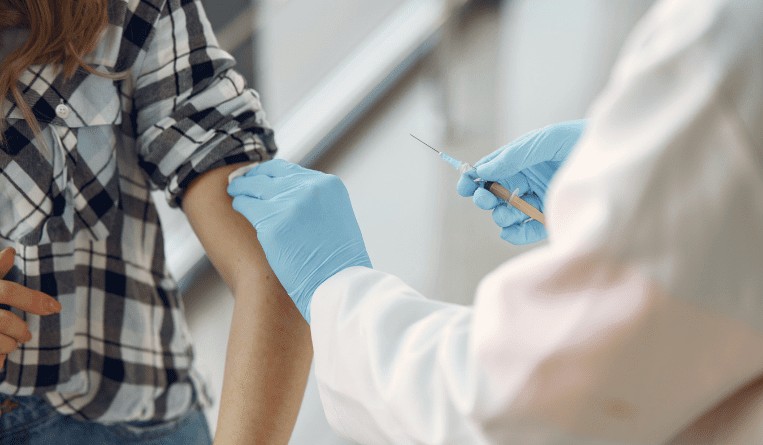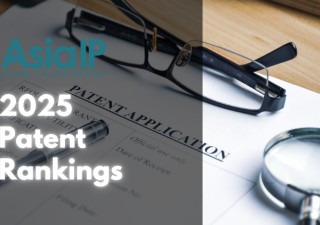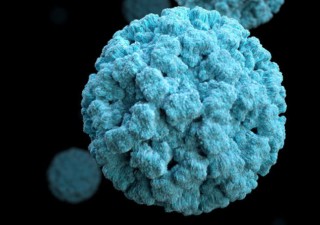“Removal of unnecessary glycans from the spike protein to better expose the highly conserved sequences is an effective approach in developing broadly protective vaccines against SARS-CoV-2 and variants,” said Ma.
The team said the newly developed vaccine has elicited a stronger immune response in mice and Syrian hamsters at multiple labouratories, offering better protection against the known variants, such as the dominant D614G mutant, Alpha strain (B.1.1.7), and Beta strain (B.1.351).
Ma added that the vaccine produced 2.7 times more neutralizing antibodies against the Alpha variant than other vaccines.
The research was led by former Academia Sinica President Chi-huey Wong, who is an acclaimed biochemist. The study can be found online at BioRxiv, and the team has filed a provisional patent application in the United States.
Why filed in the US instead of Taiwan, though?
“The provisional application is a procedure for a US patent application, and can also be said to be a US domestic priority system. Under this system, applicants can apply for a provisional application to claim domestic priority in order to obtain a one-year grace period. According to regulations, the applicant must submit a corresponding formal application within one year from the filing date of the provisional application. If the formal application is not filed within one year, the provisional application will be automatically invalidated and will not be made public,” says Ruey-Sen Tsai, a partner at Lee and Li in Taipei. “Although it is a temporary application, when an application is filed, it is still necessary to have a description, official drawings and inventor information, and to pay an application fee. Provisional applications will not be examined; accordingly there is no requirement for patent claims (patent scope) when applying.”
The advantage of a provisional application is that it allows inventors a year to further develop their inventions, determine market demand, raise the costs of the applications, or find companies or individuals that are interested in investing. “At the moment when an R&D result is completed, the inventor may not be able to immediately and clearly evaluate the market demand and market value of the R&D result, or when the funds invested in the protection of intellectual rights are insufficient, the applicant can consider obtaining the application date of this invention in the form of a provisional application. After obtaining temporary protection of rights, use the one-year buffer period to properly conduct market analysis and surveys and plan product sales areas. At that time, one year after the date of application, it will be submitted to countries around the world to claim the provisional application as a priority case and convert it to a formal application for a patent application to fully protect this invention,” Tsai says. “Furthermore, if the technology or product mentioned in the provisional patent is found to have no expected prospects or market value after a one-year test period, or the technology is found to be unfeasible after one year of development, the applicant can abandon the application. Formal patents can also save application fees for formal patent applications.”
In Taiwan, there is no provisional application system under the Patent Act; however it is allowed to cite the provisional application filed in the US to claim patent priority when a patent application is filed in Taiwan under the Patent Act. “It is possible that the research led by Academia Sinica team members had not been matured to apply for a patent in Taiwan under the Patent Act,” he says. “To file a provision patent in the US should be a strategy to better protect the research; Academia Sinica may cite the filing date of this provision patent to claim priority once the patent is filed later in Taiwan within 12 months.”
Besides the said vaccine, there are others being developed in Taiwan and it is expected a surge of related patents soon.
“Some companies in Taiwan such as Medigen Vaccine Biologics and United Biomedical are researching and developing. Medigen reported positive results on June 10, 2021 from an interim analysis of phase 2 trials for its vaccine, saying that it demonstrated high seroconversion rates and geometric mean titer figures,” Tsai says. “It is expected that these companies will file patents in Taiwan or other jurisdictions for their research.”
Johnny Chan








